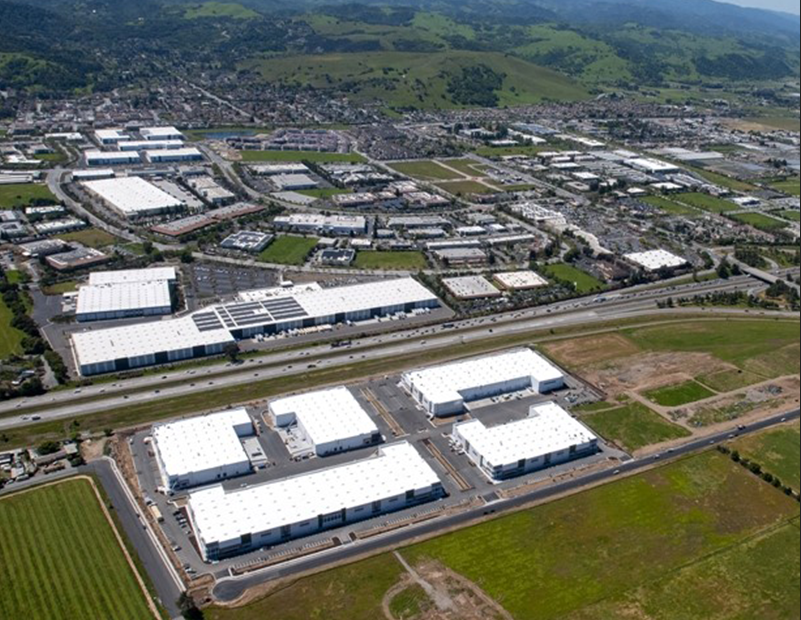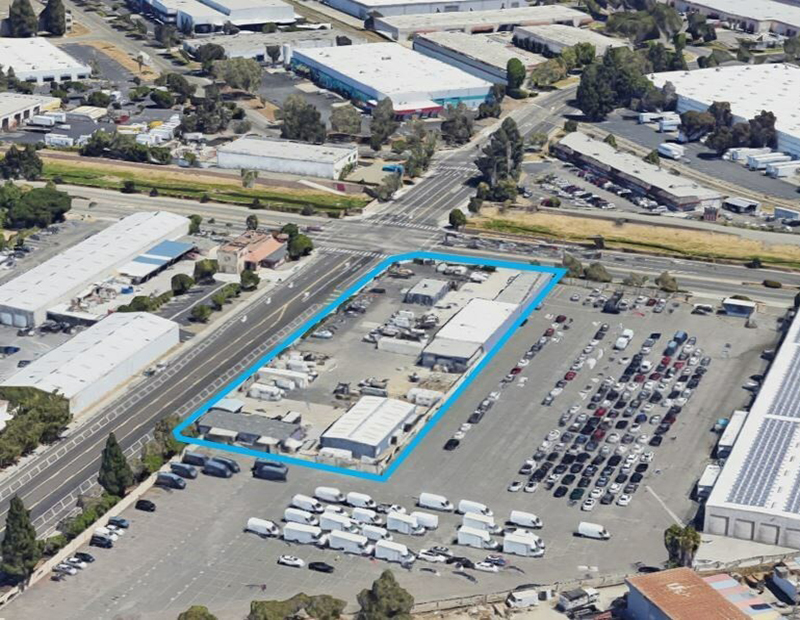Dollar Stores (Still) a Safe Haven for Investors
April 20, 2016
Joey Odom, Atlanta Director, Stan Johnson Co.: Why dollar stores remain one of the most in-demand net lease investments on the market today.
By Joey Odom, Atlanta Director, Stan Johnson Co.
 The ubiquitous theme of net-lease retail over the past few years has been the expansion of dollar stores and the dollar store presence in the net lease marketplace. With more than 1,000 annual store openings, there has been a large supply of net-leased dollar store product on the market. While product continues to come to market, dollar stores remain one of the most in-demand net-lease investments on the market today for several reasons:
The ubiquitous theme of net-lease retail over the past few years has been the expansion of dollar stores and the dollar store presence in the net lease marketplace. With more than 1,000 annual store openings, there has been a large supply of net-leased dollar store product on the market. While product continues to come to market, dollar stores remain one of the most in-demand net-lease investments on the market today for several reasons:
- Dollar stores, specifically Dollar General and Family Dollar, typically sign long-term, absolute-net 15-year leases. In a product-constrained market, a lease with greater than 10 years remaining is becoming more and more scarce. The triple-net nature caters to an investor looking for a management-free net-lease investment.
- The upper-tier credits of Family Dollar and Dollar General are solid. Standard & Poor’s upgraded Dollar General’s investment-grade credit rating once again, to triple-B, in October 2015, and Dollar General recently reported its 26th straight year of comparable sales growth.
- Investors can achieve an above-market yield over the term of the lease for absolute triple-net leases to investment-grade credits. While some investors may view Dollar General’s flat leases (no rent increases in the base term of the lease) as a detriment, the opposite is true. Investors are able to capture an above-market yield today, rather than waiting for rent increases to average the same initial yield Dollar General leases provide. For example, a 15-year, triple-B credit with 2 percent annual rent increases would likely trade at a 5.5 percent cap rate in today’s market, averaging 6.34 percent over the base term of the lease. By contrast, an investor can purchase a Dollar General in the 6.5 percent cap rate range, which outpaces the alternative’s average 15-year yield in year one. Additionally, because an investor is receiving the higher return on day one, the net present value is higher due to the time value of money. Finally, the flat rent allows Dollar General to enjoy a healthy occupancy cost, increasing the probability of renewal among its stores.
- Dollar stores have experienced success in every economy. During the recession, dollar stores were stars due to their necessity offerings and convenience to local shoppers. This has only enhanced since the recession, as Dollar General, for example, has outperformed nearly every other retailer since. Discretionary spending is on the rise for items like cigarettes, candy and soft drinks, which bodes very well for these stores.
- Dollar stores are important to their communities. To a net-lease investor on the West or East coast, a small Midwest town may not be meaningful, but the presence of a dollar store in those towns is significant. There is a reason mayors of small towns cut the ribbons at grand openings: The presence of a dollar store changes the shopping dynamic of these communities. A dollar store’s typical community features little competition, providing a captive audience and a profitable store for the retailer.
As demand has increased for dollar store properties over the past several years, cap rates have moved down in tandem. With aggressive expansion plans in the works, expect to see this sector as a mainstay in the net lease market.







You must be logged in to post a comment.